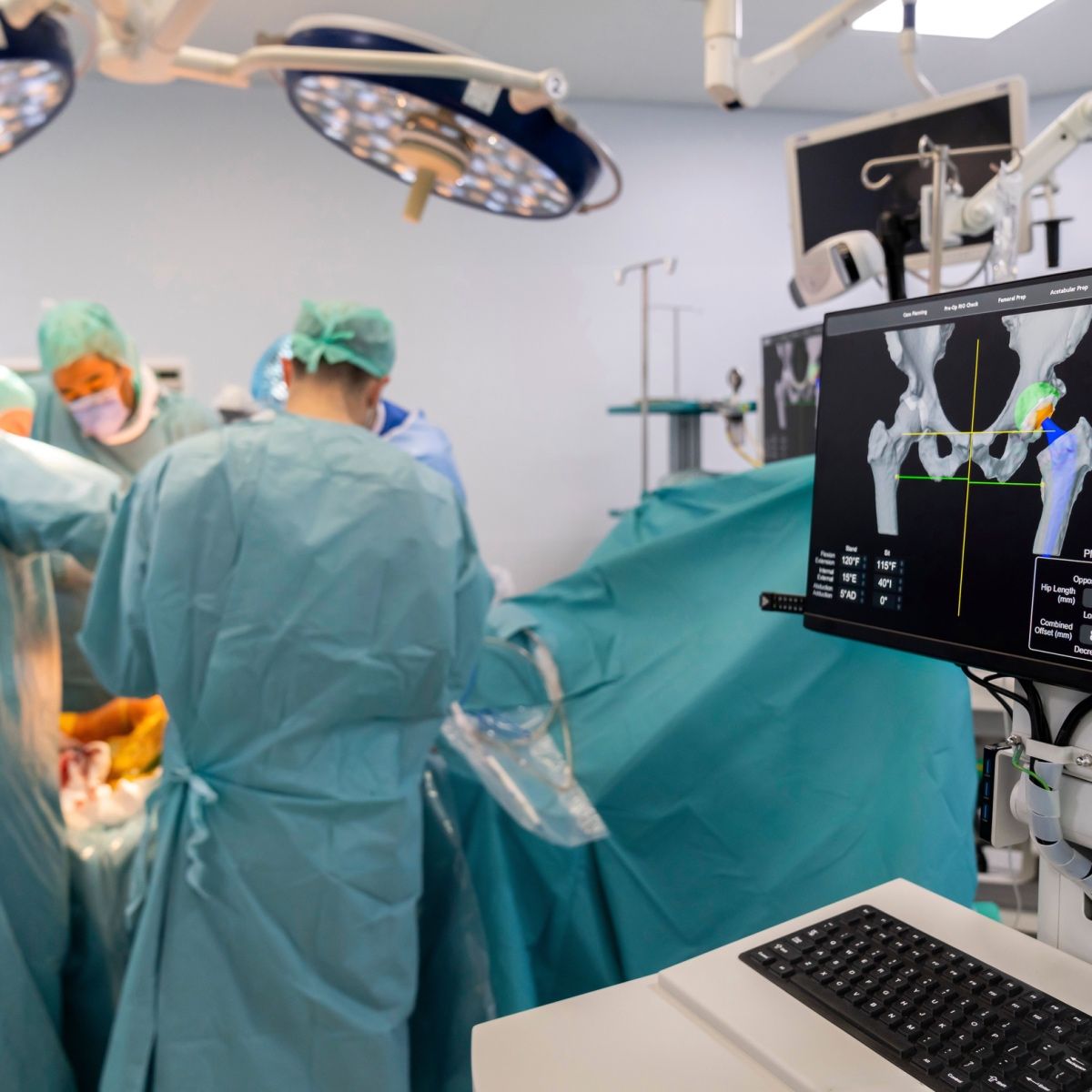
The Wound Care Technology Behind Bone Tissue Allografts and Demineralized Bone Matrix Products
Advancements in wound care technology have revolutionized the treatment and healing processes for a variety of injuries and conditions. Among these innovations, bone tissue allografts and demineralized bone matrix (DBM) products stand out for their significant contributions to orthopedic and reconstructive medicine. As your partner in biologics, Liberty Health provides your medical practice with products that are indispensable.
Understanding Bone Tissue Allografts
In wound care technology, bone tissue allografts are grafts derived from donor bone, which are used to repair and regenerate damaged or diseased bone in recipients. These allografts are processed to remove any cellular material that could cause immune reactions, while retaining the essential structural and biochemical components necessary for bone healing and growth.
Benefits and Applications:
Structural Support: Bone tissue allografts provide structural integrity and support to damaged bones, facilitating proper alignment and stabilization, which is crucial for healing complex fractures and defects.
Osteoconduction: The natural scaffold of the bone allograft supports the migration and attachment of new bone cells, promoting the natural bone regeneration process.
Versatility: These allografts are used in various orthopedic procedures, including spinal fusions, joint reconstructions, and trauma repairs.
Demineralized Bone Matrix (DBM) Products
In wound care applications, DBM products are derived from bone allografts that have undergone a demineralization process. This process removes the mineral content while preserving the organic matrix, which contains growth factors essential for bone healing.
Key Characteristics:
Osteoinductive Properties: The demineralization process exposes bone morphogenetic proteins (BMPs) and other growth factors that stimulate the differentiation of progenitor cells into bone-forming cells (osteoblasts).
Enhanced Healing: DBM products are highly effective in promoting bone healing and regeneration, making them suitable for filling bone voids and defects.
Biocompatibility: DBM is well-tolerated by patients, reducing the risk of immune response and infection.
Technological Advancements
The processing and application of bone tissue allografts and DBM products in wound care solutions involve sophisticated technologies to ensure safety, efficacy, and optimal healing outcomes.
Sterilization and Preservation: Advanced sterilization techniques, such as gamma irradiation and ethylene oxide treatment, ensure that allografts are free from pathogens while preserving their biological integrity. Cryopreservation methods help maintain the viability of grafts during storage and transportation.
Customizable Grafts: Innovations in 3D printing and tissue engineering have enabled the creation of custom-shaped allografts tailored to the specific anatomical and structural needs of patients. This customization enhances the fit and integration of the grafts, improving clinical outcomes.
Biochemical Enhancements: Researchers are exploring the incorporation of additional growth factors, antibiotics, and bioactive molecules into DBM products to further enhance their regenerative capabilities and reduce the risk of infection.
Clinical Applications and Outcomes
Bone tissue allografts and DBM products are widely used in wound care technology to treat a variety of conditions:
Orthopedic Surgeries: These grafts are commonly used in spinal fusions, where they help stabilize the vertebrae and promote the fusion of adjacent bones.
Trauma Repairs: In cases of severe fractures or bone loss due to trauma, allografts provide the necessary support and scaffolding for natural bone regeneration.
Dental and Craniofacial Surgery: DBM products are used in periodontal and maxillofacial surgeries to rebuild bone structures and support dental implants.
Clinical studies have demonstrated the efficacy of bone tissue allografts and DBM products in enhancing bone healing, reducing recovery times, and improving patient outcomes. For instance, a study published in the Journal of Orthopaedic Research highlighted the success of DBM in promoting spinal fusion, showing higher fusion rates compared to traditional grafts.
Enhance the Healing of Your Patients With Revolutionary Wound Care Technology
The technology behind bone tissue allografts and demineralized bone matrix products represents a significant advancement in wound care technology and orthopedic medicine. These innovations not only provide critical support and promote natural bone healing but also improve clinical outcomes and patient quality of life. Liberty Health revolutionizes biologics by offering cutting-edge products for your medical practice. Enhance your patient outcomes today by utilizing our high-quality wound care solutions.
wound care solutions, wound care technology, wound care applications


